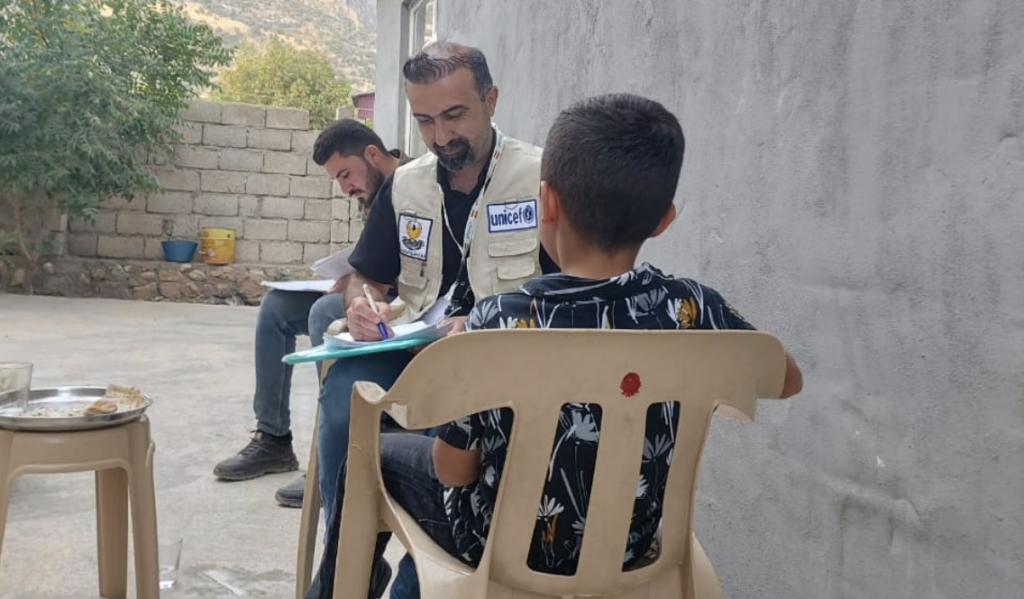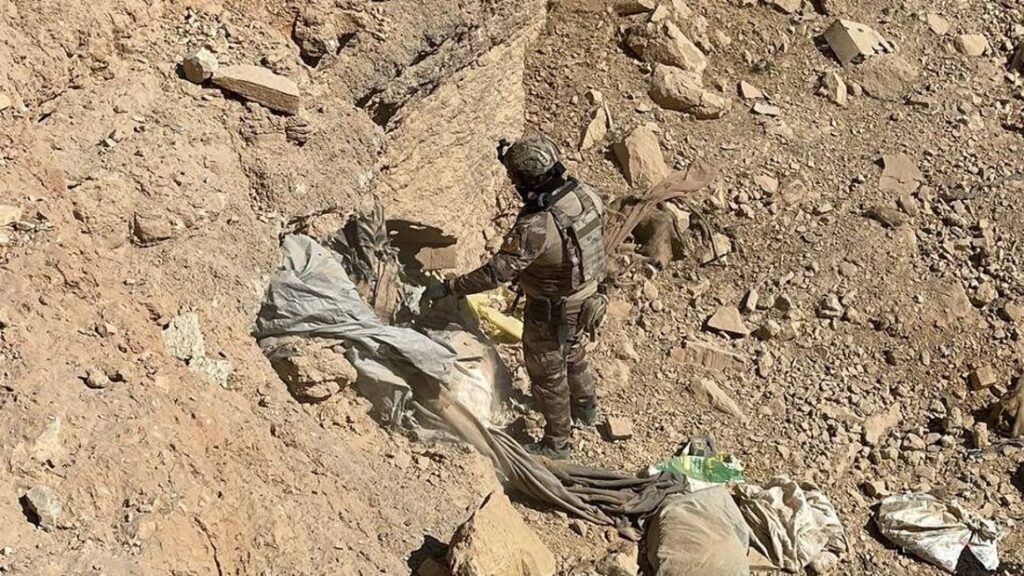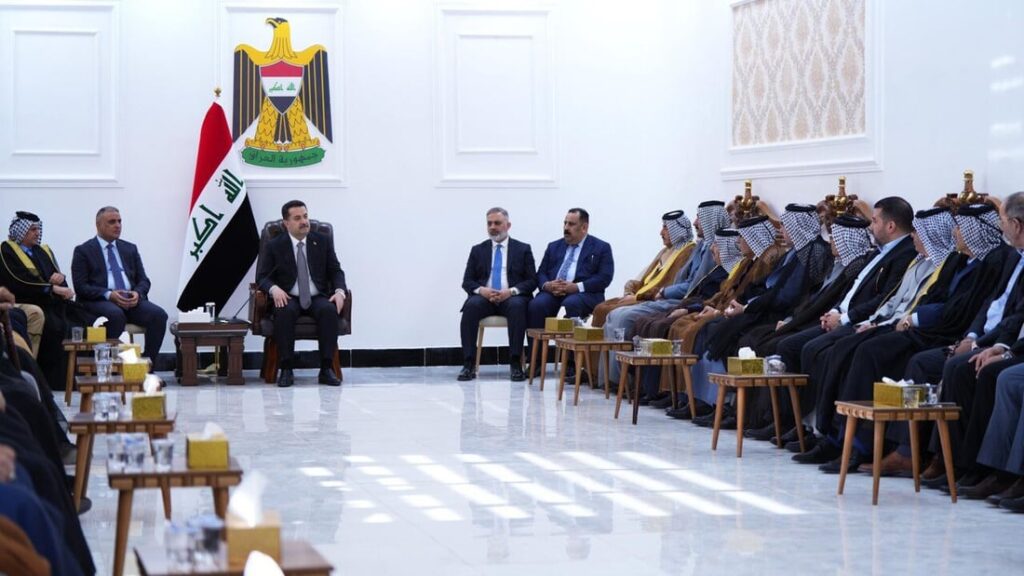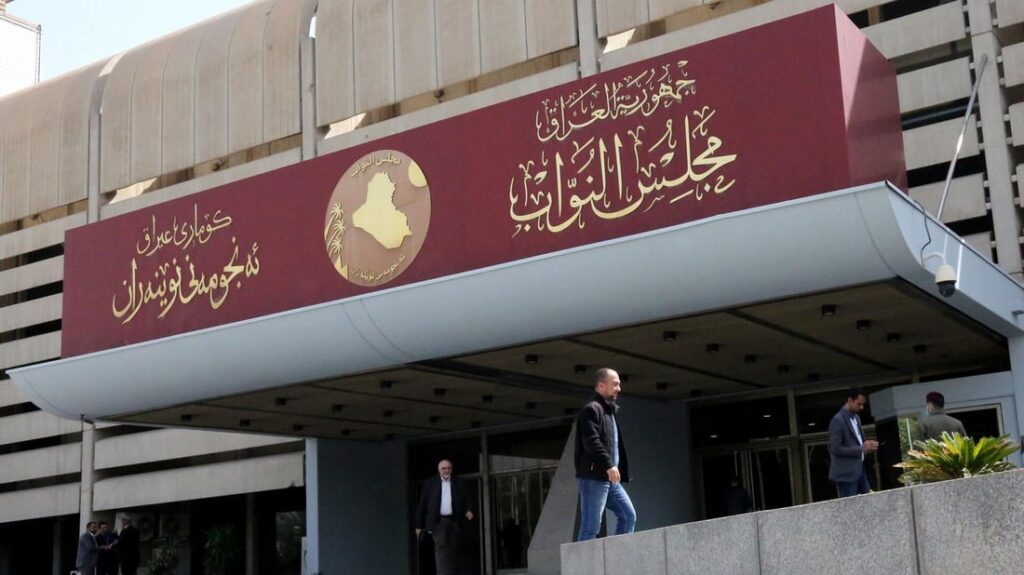Activists, journalists face arrest and 'flawed' trials in Iraqi Kurdistan

SULAIMANIYAH, Iraq: One night last October in Iraq’s far north, police dragged Shivan Saed from his bed and beat him in front of his family before taking him away, his brother told AFP.
Saed, 36, is one of a growing number of activists and journalists in northern Iraq’s autonomous Kurdistan region subject to arbitrary arrest and unfair trials, detainees’ relatives and human rights groups say.
In February, Saed and four others were sentenced to six years in prison for "inciting protests and destabilising" Kurdistan -- three oil-rich Iraqi provinces controlled by the Barzani clan in Arbil and Dohuk, and the Talabanis in Sulaimaniyah.
Saed, fellow activist Harwian Issa and journalists Ayaz Karam, Kohidar Zebari and Sherwan Sherwani were detained "without access to their lawyers, including during interrogations and the investigative hearing", Human Rights Watch (HRW) said.
"Flawed trials... are nothing new" in Kurdistan, said Belkis Wille, senior researcher at HRW.
"These recent convictions only further compound the Kurdistan region’s worsening reputation as a place where people can face unfair criminal trials merely for critiquing" authorities, she said.
For two months, Saed’s brother Ehan had no news of his elder sibling, an activist with a small opposition party in Shiladzi, a town near the Turkish border.
"He finally was allowed to call his wife," HRW said in a recent statement, telling her he was being held in Arbil by the Asayish -- the Kurdistan Regional Government’s (KRG) security forces.
Sherwani, editor in chief of the monthly Bashur, is known for investigating corruption and had recently criticised KRG premier Masrour Barzani on Facebook.
He was arrested in October "without a warrant", according to Kurdish activists.
Two others also on trial, protester Badal Barwary and journalist Omid Haji, remain in custody while the prosecution gathers further evidence.
Karzan Fadhel, a lawyer and head of the Democracy and Human Rights Development Center in Sulaimaniyah, said there were currently "74 political prisoners" in Arbil and Dohuk, all "dissidents or protesters indiscriminately arrested on charges of security offences or terrorism".
Diya Butros, the KRG Human Rights Commission head, acknowledged "a deterioration of human rights" but denied arbitrary arrests, telling AFP "the police cannot arrest someone without a warrant from a judge".
But, once a suspect is arrested, "sometimes bad methods are used, with violence, insults and beatings", he said.
At the five men’s trial, Sherwani appeared injured and was unable to stand, his lawyer said, cited by HRW.
The journalist accused the Asayish of threatening to sexually abuse his wife and mother if he failed to sign a confession, the lawyer said, adding that the judge did not respond to the allegations.
Last year, anti-government protests broke out in several Kurdish cities and towns over a major fiscal crisis that caused delayed public sector salaries and pay cuts.
Eight protesters died in Sulaimaniyah, including adolescents whose families are still awaiting justice. Many other demonstrators were arrested but quickly released, while in Dohuk and Arbil, dozens are still in custody.
In those areas, Fadhel told AFP, "it’s the police and the counter-terrorism forces who make arrests, interrogate (detainees) and decide on the charges".
"Only after that is the judiciary notified."
Lawyers for the men convicted in February told HRW they were denied access to the case files before the trial.
HRW sources present at the trial said occasionally an Asayish officer would raise his hand and "the judge would allow him to present new evidence that the defence had not previously seen", without the defence being allowed to cross-examine the officer.
KRG international affairs adviser Dindar Zebari did not respond to several AFP requests for comment.
In a letter to the New York-based press freedom watchdog Committee to Protect Journalists, he said the reporters "had access to lawyers" and that an "appeal is underway".




